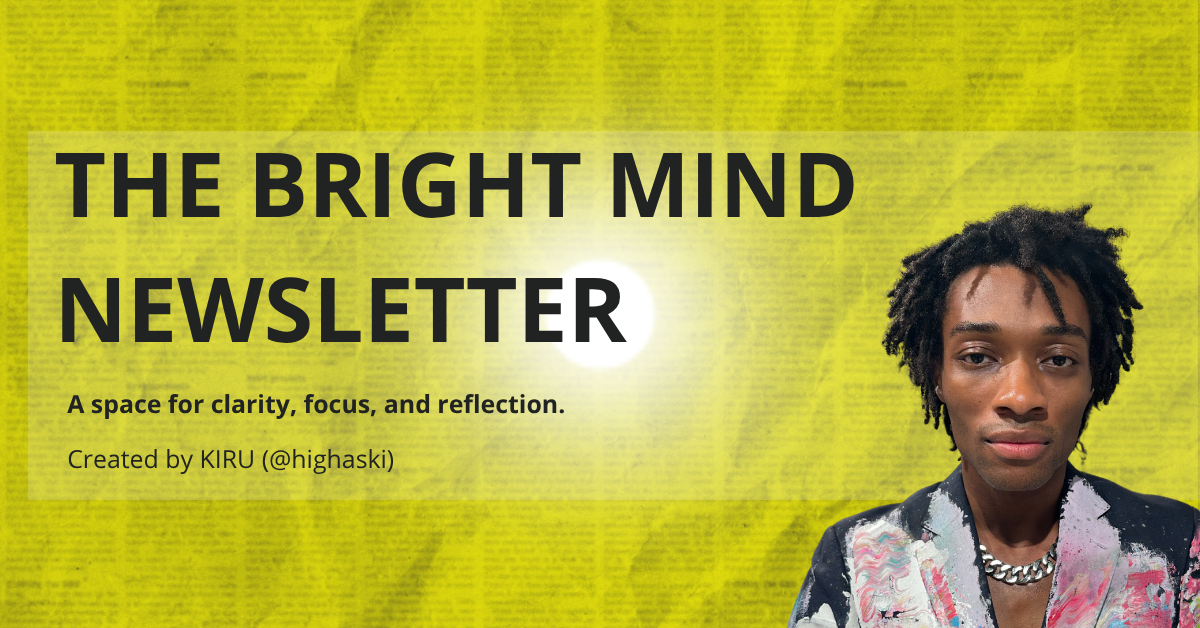Why Does My Horoscope Feel So Accurate? The Psychology of the Barnum Effect
Learn why your brain is wired to fall for vague descriptions and how to use that knowledge to build more critical thinking habits.
The Mirror That Reflects Everyone: Unpacking the Barnum Effect
Have you ever read your daily horoscope and felt a jolt of recognition? Or taken an online personality quiz and marveled at how accurately it "nailed" you? This feeling of being uniquely understood by a generic description is a widespread psychological phenomenon known as the Barnum Effect, or the Forer Effect. It's a powerful cognitive bias where individuals give high accuracy ratings to personality descriptions that are supposedly tailored specifically to them, but are in fact vague and general enough to apply to a wide range of people.
Understanding the Barnum Effect is more than just a fun psychological tidbit; it's a critical tool for navigating a world filled with information designed to feel personal. From marketing copy and self-help books to political rhetoric and AI-generated content, this bias is a cornerstone of persuasion. By exploring how it works, we can become more discerning consumers of information and gain deeper insight into the universal human desire to be seen and understood.
A Classroom Trick and a Circus Showman
The phenomenon’s clinical origins trace back to 1948 and a clever experiment by psychologist Bertram R. Forer. He administered a personality test to his students, but instead of providing them with genuine results, he gave every single student the exact same analysis—a paragraph he had stitched together from various newspaper horoscopes. The description included statements like:
"You have a great need for other people to like and admire you."
"You have a tendency to be critical of yourself."
"While you have some personality weaknesses, you are generally able to compensate for them."
He then asked the students to rate the accuracy of their "unique" profile on a scale from 0 (very poor) to 5 (excellent). The average rating was a stunning 4.26. The students were convinced that this generic, one-size-fits-all sketch was a deeply personal and accurate portrait of their psyche. Forer’s study powerfully demonstrated our tendency to accept vague feedback, a phenomenon he had identified.
The more popular name, the "Barnum Effect," was coined later by psychologist Paul Meehl, in a nod to the legendary showman P.T. Barnum, whose success was often attributed to the principle of having "a little something for everybody." The name perfectly captures the essence of the effect: crafting statements so universally applicable that nearly everyone sees a piece of themselves reflected within them.
From Sideshow Trick to Digital Staple
Initially, the Barnum Effect was primarily used in academic circles to critique the lack of validity in pseudoscientific personality assessments like astrology, graphology (handwriting analysis), and fortune-telling. It served as a powerful counter-argument, proving that the "accuracy" of these methods often stemmed from the gullibility of the subject rather than any genuine insight from the practitioner. It highlighted the need for rigorous, empirically validated instruments, like the Big Five personality traits, in clinical psychology.
Over the decades, the relevance of the Barnum Effect has exploded beyond critiquing mystics. The rise of the self-help movement in the late 20th century saw its principles leveraged on a massive scale. Gurus and authors built empires on books filled with advice and affirmations that felt profoundly personal yet spoke to universal human anxieties and aspirations.
Today, we live in the golden age of the Barnum Effect. The digital world is its natural habitat. Think of the countless "Which Character Are You?" quizzes on social media, the vague but flattering summaries in personality apps, or even the algorithmically generated insights from platforms like Spotify and Netflix. Your "Spotify Wrapped" might tell you that your music taste is "bold and eclectic," a description that feels special but could apply to millions of users who listen to a mix of genres. These modern applications use the same foundational trick as Forer: they make mass-produced data feel like a personal revelation.
How It Works and Why We Fall for It
The Barnum Effect isn't a sign of foolishness; it’s a byproduct of how our minds are wired. Several psychological mechanisms work in concert to make us susceptible:
Subjective Validation: This is the core engine of the effect. We are motivated to find meaning and connections, so when presented with a statement, our brain actively searches for evidence from our own lives that confirms it.
The Desire to Be Known: We have a fundamental human need to understand ourselves and feel understood by others. The Barnum Effect provides a shortcut to this feeling of validation.
Positivity Bias: We are far more likely to agree with positive statements about ourselves than negative ones. Most Barnum statements are overwhelmingly flattering ("You have a great deal of unused capacity which you have not turned to your advantage").
Authority Bias: We tend to place more trust in information that comes from a perceived authority figure, whether that’s a psychologist, a well-known company, or a complex-sounding "algorithm."
The ethical implications are significant. While a Buzzfeed quiz is mostly harmless fun, the same techniques are used by predatory figures. Scammers posing as psychics or mediums use Barnum statements in a technique called "cold reading" to feign supernatural insight and exploit grieving or vulnerable individuals for financial gain. In corporate settings, the misuse of unvalidated personality tests can lead to flawed hiring decisions and create unfair labels for employees.
Cultivating a More Critical Eye
Recognizing the Barnum Effect in our daily lives is an empowering skill. It allows us to appreciate the human desire for connection that it taps into without falling for its illusions. Here’s how you can apply this knowledge:
Question Generality: When you encounter a piece of feedback or a personality description, ask yourself: "Could this apply to almost anyone?" If a statement says you "sometimes feel insecure, especially with new people," recognize that this is a near-universal human experience, not a unique insight into your soul.
Seek Specifics and Evidence: Authentic feedback is specific and grounded in observable behavior. Instead of "You are a creative person," look for feedback like, "The way you combined those colors in your presentation was innovative."
Recognize Flattery: Be especially skeptical of descriptions that are exclusively positive. Real human beings are complex and flawed; feedback that sounds too good to be true often is.
Embrace Your Nuance: Finally, remember that you are more intricate and dynamic than any simple label or personality type. Use tests and feedback as tools for reflection, not as definitive judgments.
The Barnum Effect reveals a deep truth about us: we yearn to see ourselves and to be seen. By understanding the simple trick behind the flattering mirror it holds up, we can learn to seek genuine self-knowledge instead, appreciating the complexity that makes us truly, uniquely ourselves.
Keep Going!
Check out these related posts









